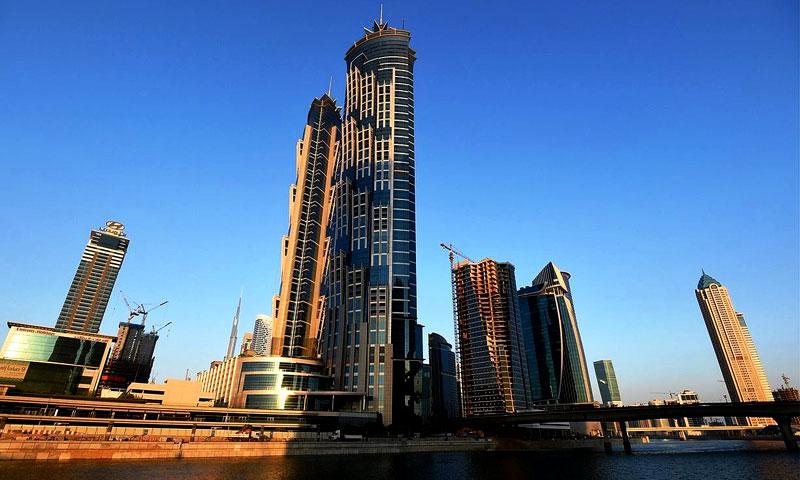
Described as the first of its kind, the UAE’s new “national law of reading” was announced by UAE president, Sheikh Khalifa bin Zayed al-Nahyan, earlier this week. It will allow government staff time to read at work – although they must focus on reading matter about professional and personal development within the context of the workplace.
As part of a package of measures to promote reading, the new rules will give books to babies and dedicated study time to government staff
They will have to focus on work-related reading rather relaxing with the latest thriller from James Patterson, but government employees in the United Arab Emirates are to be given “dedicated time to read” during work hours following a new law intended to “make reading a daily habit”.
Described as the first of its kind, the UAE’s new “national law of reading” was announced by UAE president, Sheikh Khalifa bin Zayed al-Nahyan, earlier this week. It will allow government staff time to read at work – although they must focus on reading matter about professional and personal development within the context of the workplace.
The law will also oblige coffee shops to offer reading material for their customers, said Sheikh Mohammed bin Rashid al-Maktoum, the UAE’s vice-president and Dubai’s ruler, and will see branches of libraries opened in malls, as well as exempting books from fees and taxes.
The government-owned daily the National reported Sheikh Mohammed saying: “Our objective is to make reading a daily habit in our people, where relevant entities will be required to translate this law into reality,” and calling the law an “unprecedented cultural and legislative initiative” that “consolidates the cultural image of books in the society”. “The law takes a key value like reading and turns it in[to] an integrated government project,” he added.
The law will also see a “knowledge briefcase”, or reading bag, given to children. The bags will be provided at birth, one and two years, will be in Arabic for UAE nationals and Arab expatriates and in English for non-Arab expatriates. Expatriates are estimated to make up 90% of the population.
And it will mean that unwanted books cannot be destroyed, but must be “preserved, reused or donated”.
“The law will encourage the private sector to invest in the establishment of libraries and cultural centres. This will be done by providing the private sector with facilities, incentives and discounts,” said Sheikh Mohammed, according to the National. “Our goal is for 2016 to be the start of a sustainable cultural change among generations – a change that consolidates the importance of reading, celebrates knowledge and boosts the status of reading.”
Last week also marked the conclusion of the Arab Reading Challenge, which Sheikh Mohammed launched last September. It saw more than 150m books read by around 3.5m children from more than 20 countries, with participants competing for $3m-worth of prizes. Seven-year-old Mohammed Farah from Algeria won the top prize for students, taking home $150,000 (£122,000) in educational grants and cash, while the winning school in Nablus, Palestine, was given $1m.
Advertisement
The challenge’s success prompted the novelist Paulo Coelho to write to Sheikh Mohammed, telling him that “by riding the vessels of knowledge, powered by the wind of reading, you will soon anchor on the shore of a very bright and prosperous future”.
Sheikh Mohammed replied that “there is no future without books”.
“We have experienced a time when the people of our region focused on books. At that time, we were pioneers, leaders, open to all cultures. We became a beacon for humanity, and paved the way for the European Renaissance. Did you know, Paulo, that in the 9th century, our region had over 100 publishing houses on the outskirts of Baghdad alone? ... When its life was centred on books, Baghdad was, my friend, a beacon in the worlds of astronomy, medicine, mathematics and philosophy. Where is Baghdad today?” he wrote to Coelho.
“I do not want to dwell too long on mentioning the profusion of other libraries … in Alexandria, Cairo, Andalusia, and Morocco. But what I do want to say is that we have learned a clear lesson: there is no future without books; no enlightenment or tolerance or co-existence, without books; no creativity or innovation or invention without books; no economic prosperity or pioneering or leadership.”
- theguardian
